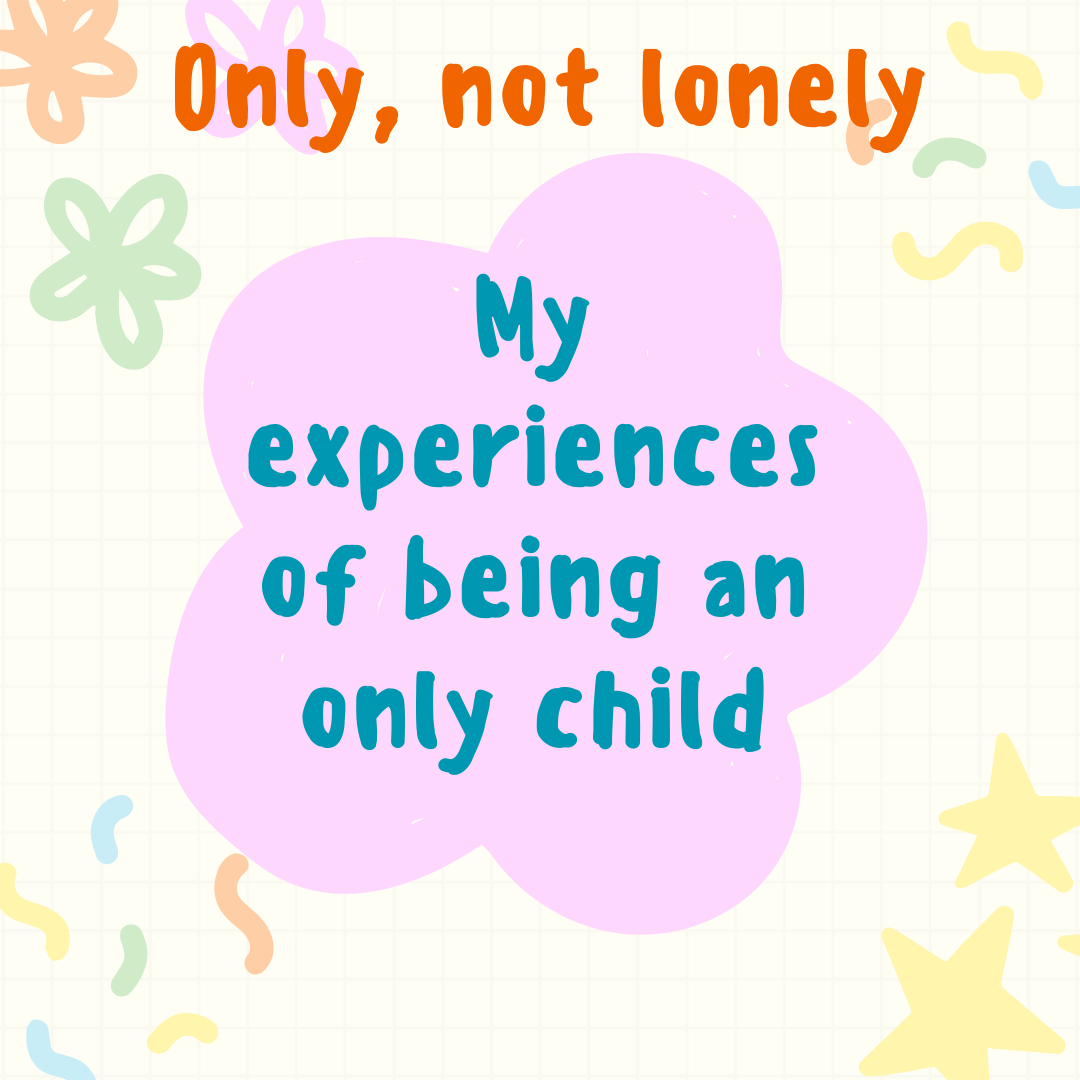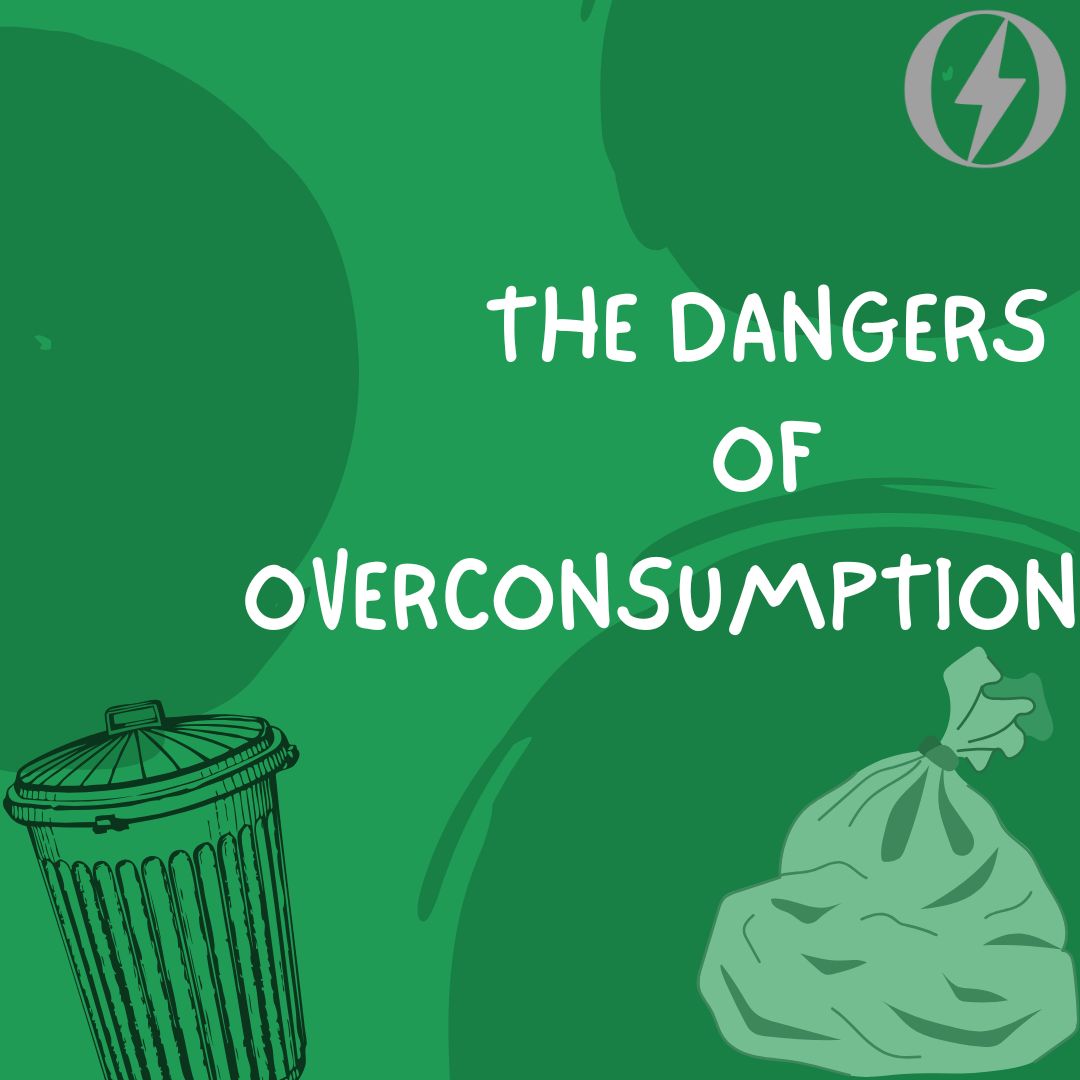Spoiled. Attention-seeker. Lonely. Entitled. Competitive. Selfish.
All words commonly associated with millions of only children found across the United States.
These unkind phrases have stuck throughout time. Drawbacks of being an only child are constantly spoken of and promulgated, but in reality, these minor “disadvantages” are outweighed by the numerous benefits.
While the common conception is that it is harder to socialize and build a community or relationships without siblings, I, as well as many other only children, have found this simply untrue.
Unlike the stereotype of only children being “overly competitive” or “stuck-up,” I’ve never felt like I needed to vie for attention. I wasn’t constantly fighting for my mom’s focus against a gaggle of siblings, which allowed me to be more cooperative. I’ve also had healthy outlets for competitiveness, such as academic challenges at school, where I could test my abilities with peers.
Some people may assume only children are spoiled or pampered because they get their way more often. I even remember being called “stuck-up” a few times in school. I never agreed with this view, because, to me, being an only child simply meant I was used to spending more time with adults, which I think helped me develop better communication skills.
As for isolation, I never really felt left out.
I had plenty of opportunities to make friends through school activities. My smaller family unit gave me more chances to connect with other children outside my immediate family. Over time, I learned how to develop lasting friendships and interact confidently with peers, despite being an only child.
The final, major negative connotation that most people have of an only child is that we lack independence.
With adults or guardians not having to spend their time divided between multiple children, some people believe only children get what they want when they want, and don’t learn basic life skills. In reality, some parental figures in only childrens’ lives tend to work, which I have seen in the cases of both my own life and my friends who are only children, so only children do tend to learn the basic necessities of life on their own, even if they do it on their own timeline and their own path.
I view being an only child as one part of my identity, which has shaped my life for the better.
My experiences as an only child have made me stronger, and I believe it has offered me unique opportunities for personal growth, self-sufficiency, and a deeper bond with my mom. Embracing the advantages of an only-child upbringing can lead to a fulfilling and enriching life, with an ability to thrive both alone and in the company of others.
Ultimately, whether you’re an only child or not, the experiences you have shape who you become—and each path has its own special rewards.









